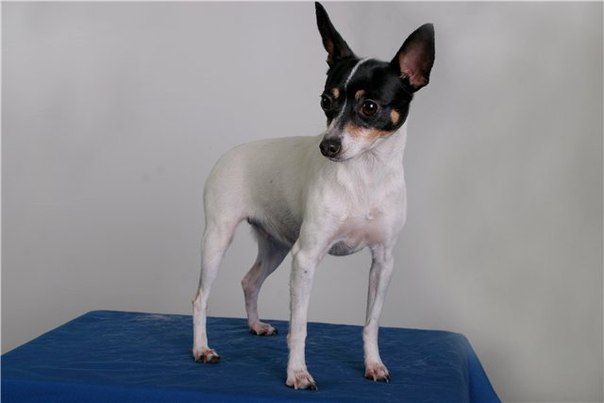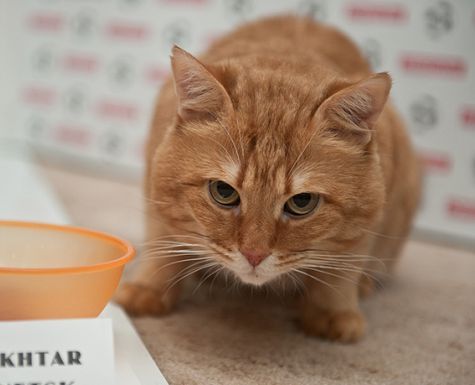Characteristics and nutrition of birds
At the bird market I saw chicks and nearby there were corrugations in which small, spotted eggs lay. The seller explained to me that these were adult Japanese quails, and next to them was a hatching egg. I asked my parents to buy chicks, but they bought hatching eggs and the necessary literature for study. Keeping any bird at home is a big science.
Quails are the fastest ripening poultry. They hatch from an egg placed in an incubator after 17 days, and after another 40-50 days they are already an adult bird that carries eggs itself. The time from laying an egg in the incubator to receiving the first egg from a young bird is approximately two months. The question is relevant, as it provides an opportunity to get acquainted with the organization of a household and instills the skills of economic activity that are so necessary in the countryside. I, under the guidance of my class teacher, conducted a whole study, the purpose of which was to find out which is more profitable to keep: chickens or quails and which bird’s eggs are healthier? The objects of the study were silver chickens and Japanese quail. The subject of the study is the common and distinctive features of chickens and quails.
In our country, the first attempts to breed this useful bird began in the mid-60s. However, the process <
Our fellow countryman Boris Kovalenko from the city of Kropotkin was one of the first to start the quail business in Russia. After retiring, Lieutenant Colonel Kovalenko bought a dozen chicks, built cages for them and made an incubator out of an old refrigerator. Today, the Domestic Quail farm brings the main income to the family. The farm has one and a half thousand quails, raised primarily for eggs. Thanks to the development of quail farming, it has become profitable to trade not only products, but also young animals. So, farmer from Anapa Nikolai Sankov supplies young animals to the Vityazevskaya poultry farm. In addition to eggs, small gray birds actively produce droppings, so that every kilogram of feed itself turns into an effective fertilizer or a source of biogas for heating the poultry house.
Quails were valued for the voice of the male (only males “scream”, and females only “squawk”), which, however, has little resemblance to those sounds that are commonly called singing, and is divided into mama-caning (or wacking) and screaming (or fighting). Croaking (<
In addition to feed and root vegetables, vitamins are needed for proper nutrition. Vitamins are vital substances involved in metabolism. The absence or deficiency of vitamins in feed causes diseases in birds. The most important vitamins for birds are: A (found in the tops of garden crops, carrots, beets, pumpkin, corn, nettles, dandelion), D (found in fish oil), B (found in whey, fish meal, sprouted grains) . Minerals: tripotassium phosphate, meat and bone meal.
Compound feed costs 4 rubles. Therefore, it will take 200 rubles to maintain one chicken, and 48 rubles to maintain one quail. Root vegetables in rural areas can be prepared independently. In addition, you will need to purchase vitamins.
Keeping birds
No matter how well people manage to tame quails to live next to humans, these birds still remain semi-wild, which is why quails are generally kept only in cages.
Quail eggs are an environmentally friendly product. They are used in diet therapy. People have known about their medicinal properties for a long time. They are successfully used in the treatment of bronchial asthma, chronic pneumonia, tuberculosis, gastritis, gallbladder disease, heart disease, rickets, bone fractures, anemia, radiation sickness.
A chicken egg helps blood pressure stay normal. The portion of cholesterol that a person receives from an egg is absolutely harmless. If you care about your health, then it is better to eat quail eggs; they are especially recommended for children, since they are not allergenic.
The Japanese have always been famous for their ability to extract great benefits from little. After the bombing of the cities of Hiroshima and Nagasaki in 1945, Japanese doctors actively began searching for products that would effectively remove radionuclides from the body. It turned out that quail eggs also have a positive effect on the development of children’s mental abilities. Therefore, the Japanese government has elevated to the rank of one of the 12 basic laws of the country "... the mandatory daily consumption of quail eggs (2-3 pieces) in the diet of schoolchildren."
Quail meat attracts with its tenderness, juiciness, unique aroma with a slight aftertaste of game. Products made from quail meat and eggs are a worthy decoration for any holiday table.
The main component of meat is proteins (17%-20%), which contain essential amino acids.
Meat contains the most iron and copper, so it is an indispensable product in the treatment of anemia. Meat contains many different vitamins and biologically active substances.
Quail meat is considered a delicacy and dietary product.
Conclusion: quail eggs have medicinal properties, since they contain many vitamins, minerals and essential amino acids, unlike chicken eggs, they do not cause allergies, but rather treat them.
Care and maintenance of quails
Quail is an unpretentious bird. Daily care for her will not require much time. A significant part of the time is spent feeding the quails. It is imperative to feed quails three times a day, at the same time. The drinking bowls must always have clean and cool water. You also need to keep the cage clean. My recommendations do not take into account everything, but only the main ones, i.e. where to start your work. Desire must come first and then everything will work out. And experience can be gained in the process of breeding and keeping. Having gained experience, I decided not to stop with what I had, but to conduct my own research. From my grandmother I heard about the effect of daylight hours on the egg production of chickens.





No comments here yet.